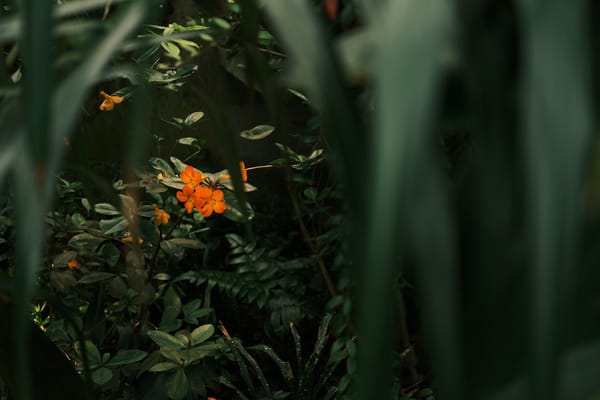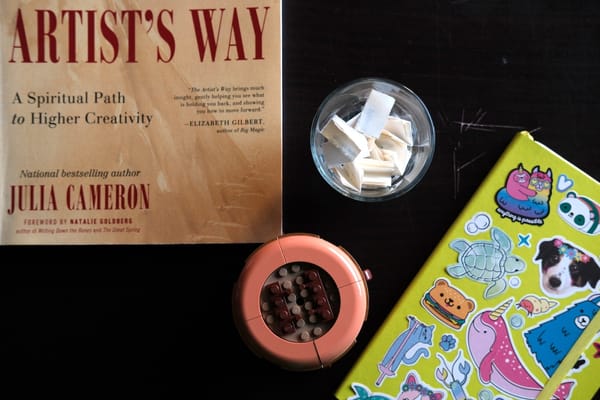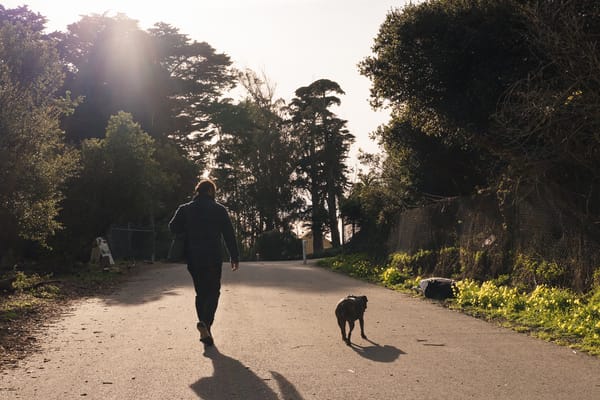Existing in public: Photographed, filmed, and mocked
Being secretly recorded and posted about without your consent. Or sharing joy in your interests. Both invite criticism and haters. Also, a survey/source request!
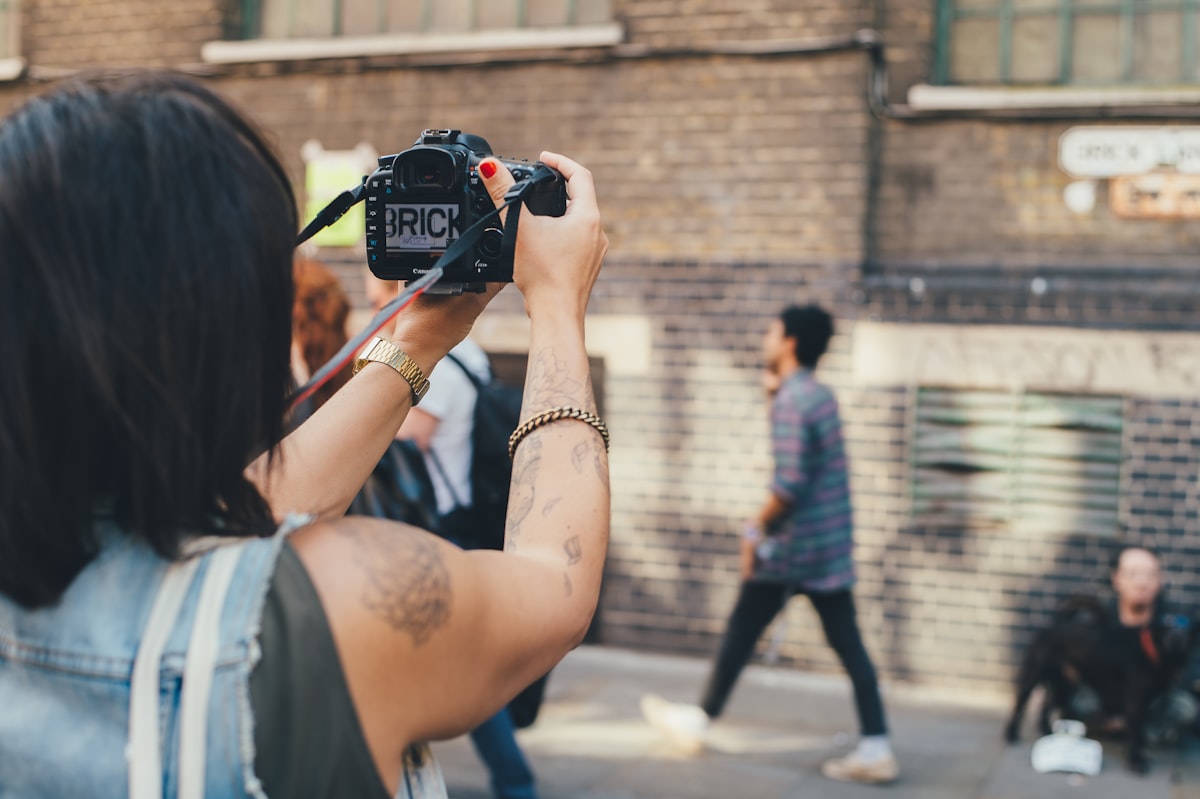
📝 Notes from Jenn:
Hello friends,
I am exploring two different article ideas and would appreciate any insight if you have the time. I promise both surveys are short. If I do end up using the answers in articles, they will be published in this newsletter first.
- A decade of industry experience: Have you spent a decade or more in an industry? I would love to learn more about how you felt about your career then.
- Coffee consultants and freelancers: What is one software tool you can't live without? I'm making a list for others to reference!
Both surveys are found in the below link. The surveys close on March 15.
I’ve been struggling with the format here. Substack’s design is more blog/post-like than it is a newsletter. But you get emailed it like a newsletter. I see many other Substacks with only one article per post, and it’s difficult not to compare myself to them. Personally, I like having different sections. If you’re new to tanJennts, this first section is uniquely long for this newsletter.
Are you in the US and in need of a Girl Scout Cookie source? has a great list of trans and nonbinary kids who are selling cookies. And completely unrelated, I am so deep into my new Switch game, Grow: Song of the Evertree. It’s very relaxing, open world, and has no fighting!
🔏 Last week, paid subscribers received Part 2 of the interview with Lucia Bawot.
Something nice: Merriam-Webster asked Twitter for words/phrases in other languages that don’t have an equivalent in English.
@MerriamWebster Arabic: soubhiyé. That quiet time when you’re the only one awake in the house and can enjoy a cup of coffee before the day starts
— Stephanie Saad Thompson (@Stefaniya) 2:57 PM ∙ Feb 28, 2023

Existing in public: Photographed, filmed, and mocked
It was a sunny day, and I was standing at a corner, waiting for the walk sign to turn on. There wasn’t anything remarkable about the day itself; I was probably running some errands. While waiting, I saw a small group of people trailing behind each other, walking towards me on the other crosswalk. With their camera bags, cameras, and lenses dangling from their necks and some randomly stopping in the middle of the crosswalk to take a photo, it was clear that they were photographers. I didn’t know if it was a tour group or class, but I didn’t think much about it, since I was used to people photographing in this area of San Francisco.
Suddenly, one person halted before me, stuck their camera into my face, the lens a mere foot away, and snapped a photo. No permission was asked (not required, but it’s polite when you’re this close to someone’s face). There wasn’t an apology, just an explanation, something like, “I thought you’d make for a cool photo.” They didn’t even pause long enough for me to process and respond. In the US, it’s not illegal to photograph in public spaces. You’re fair game on the sidewalk or in a park. I know this because I’ve looked up privacy laws, obtaining permission in public vs private spaces, and have a big hangup on photographing strangers in the street photography kind of way. This moment was so fast—two blinks of the eye, really—but I was completely rattled afterward.

Like many others in the depths of 2020, TikTok was a distraction safe haven for me. As a self-proclaimed video-hater, its short-form videos somehow kept my attention for hours at a time. I am no longer on TikTok, because I found that the black hole of time it would land me in was not good for my mental health. And, it started becoming all about creating viral sensations, regardless of quality or good intentions.
What I’ve noticed on social media recently is the documentation and presentation of strangers without their consent. Along with that is the general “hater” attitude that rises up in social media and online forums. I am not talking about videos that capture evidence of harassment, violence, or murder. I mean videos of people doing “weird” things in public, going up to strangers on the sidewalk to answer random questions, and the not-so-subtle digital bullying of anyone who doesn’t fit into a societal norm. It feels like Candid Camera, except that the reach and distribution of these types of videos via social media spread far faster. And, I imagine Candid Camera obtained permission before posting it to the show.
A few things brought this to the forefront of my mind. This article is also spurned by how my anxiety is too high, and anything remotely people-related, I will spend oodles of time ruminating over. You bet that I’ve thought a lot about being unknowingly recorded in public, which does not help the feeling1 of “everyone is watching me.”
A video went viral, like they tend to do. It featured someone at a concert, thoroughly feeling the music and bopping around to it. It was filmed surreptitiously: the camera was shaky with its angle at around waist or chest height, clearly trying to film someone without them noticing. The accompanied caption dunked on them, saying something like, “this person is feeling too much.” In reality, the person seemed to be doing what many do at concerts: enjoying the music. No harm was being done, no violent swinging of limbs. Simply someone being moved to tears; if you’re a performing musician, this sounds like one of the greatest compliments. Instead, it became a moment for someone to mock.
An article I shared in the last tanJennts post was about going viral without your consent. “This is the age of panopticontent — everything is content for the creating, and everyone is a nonplayer character in my world,” writes Clarissa-Jan Lim. “TikTok exposes people to a sudden, mammoth level of popularity, and consequently an audience hungry to investigate, speculate, and scrutinize.” People-watching as entertainment with a friend next to you is one thing. Posting your made-up stories and critical opinions of strangers on social media is different.
This post in r/espresso on Reddit, a site I actively try and avoid being on until they make their way to me via other sites, wondered about the haters in the sub. In the espresso hobbyist world, people like to showcase their bar equipment. Like many other hobbies, the more you get into it, the more upgrade-itis you might get. And coffee equipment can definitely be expensive. Here’s the full post:
“People who post negative/snarky comments in response to photos of people’s high end espresso gear: why?”
It received plenty of responses, including a reflective one of “Humans are jealous and petty creatures. There’s a subconscious belief that more for you means less for them and that they are deserving and you are not,” and an answer from someone who gives snark on other subs, “They’re clearly trying to flex and I’d rather not give them the satisfaction.” Can people just enjoy their hobbies and share their excitement about them, please?
There’s a fine line between being a balanced critic and being a hater. I had originally titled this “let people enjoy things,” but upon further research of the phrase, I amended it to its current one. Apparently, “let people enjoy things” was a saying already, rife with plenty of opinions. In an article that criticizes the movement, Constance Gravy observes how this philosophy was born out of “poptimism,” which believes that one pop culture interest isn’t “better” than another. She writes, “Poptimism and its partner philosophy of not being a jerk to people who like popular things are healthy developments for the culture. People should be allowed to enjoy their harmless entertainment without jerks making fun of them!” The problem is when it veers too far into toxic positivity. Gravy continues, “Since we no longer trash popular art as a default and go out of our way to make the people who like it feel bad, we can’t make any criticism of pop culture whatsoever.” Any criticism, even thoughtful and nuanced criticism, is inherently bad. Nuance doesn’t work well on social media.
In the AITA (Am I the Asshole) Reddit sub, a man wrote about criticizing his girlfriend for talking passionately about Minecraft in conversations. The original post was deleted, but it got screen-capped on Twitter.
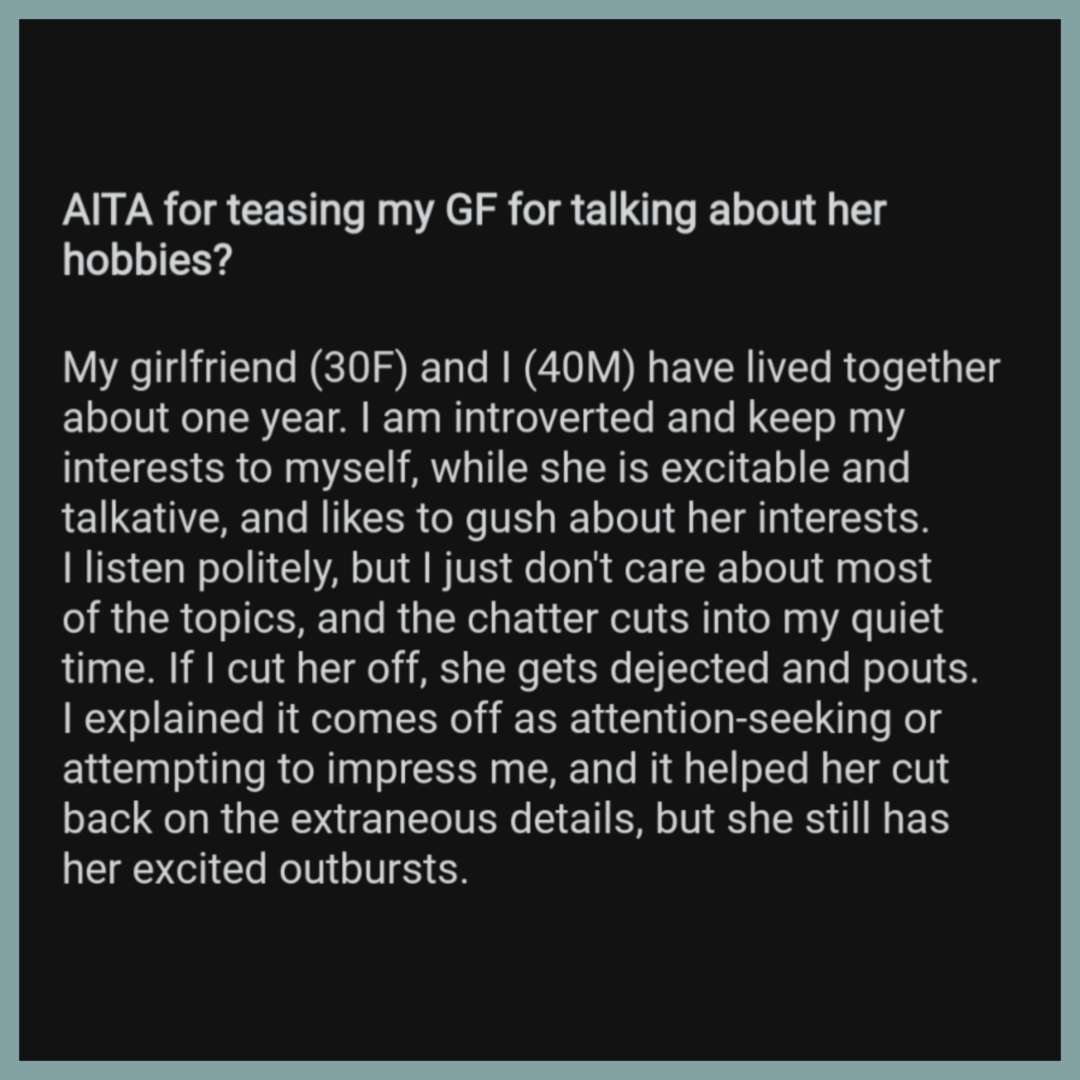
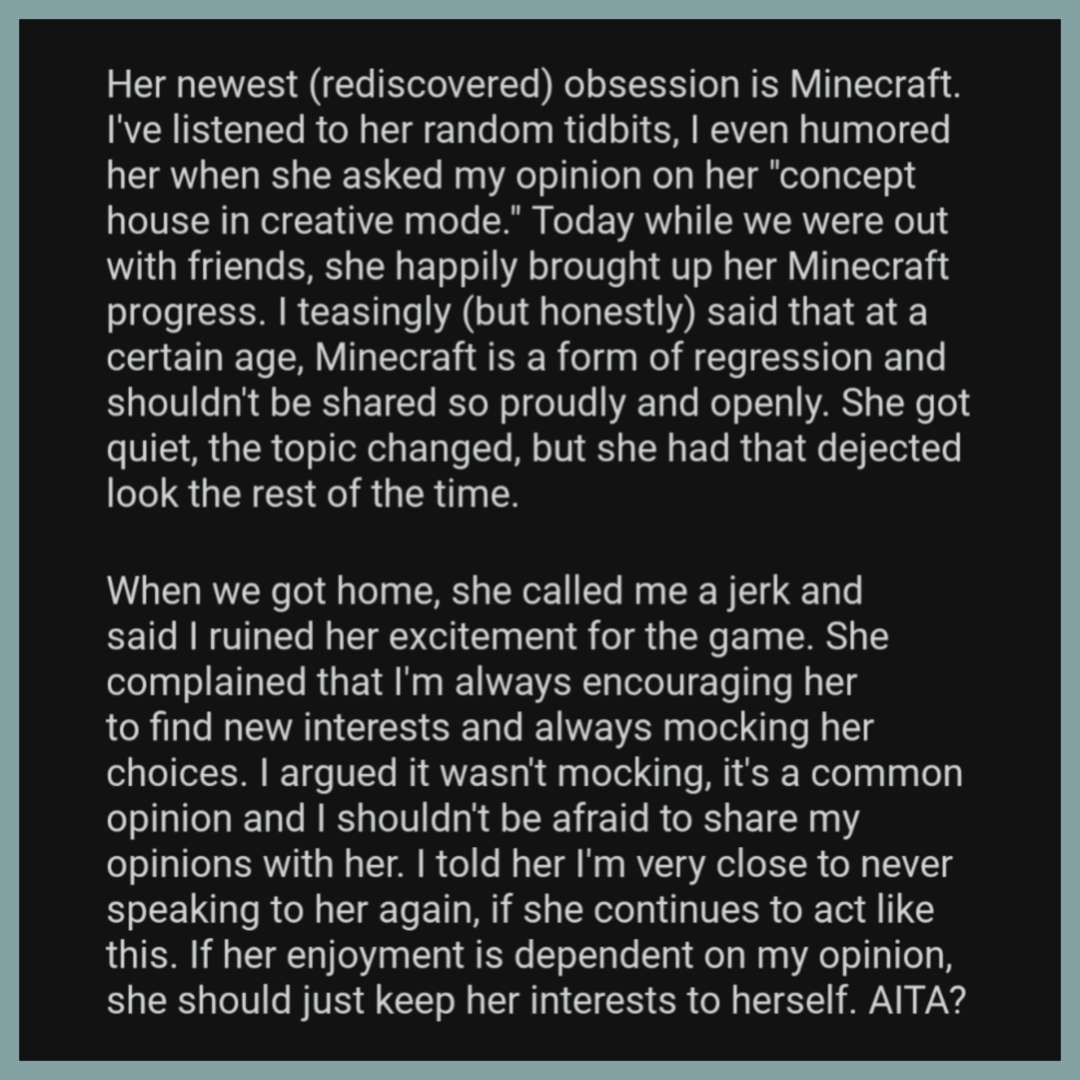
Titled “AITA for teasing my GF for talking about her hobbies,” he goes into big red flag sentences like “I explained it comes off as attention seeking” and “I teasingly (but honestly) said that at a certain age, Minecraft is a form of regression and shouldn’t be shared so proudly and openly.” In dating, one of the most attractive qualities of someone is their excitement about their hobbies. You get excited with them, even when you don’t care about the topic. Alternatively, you become an intensely boring date and I write about you.

Enjoying something in public or running whatever errand, and being posted about without your consent invites commentary on you, as is evident in the comments section of these videos. So what are our options? We could not let people enjoy things with some caveats (the article has nuanced reasoning on this); not everything requires your response. And perhaps, be a tad more creative with video content than interrupting strangers on the street and posting their reactions.

📤 digital marketing
- The impact of social media across every part of your business [Sprout Social]
- 2022 Marketing Benchmarks: Web Traffic and Conversion Trends for 150,000 Businesses [HubSpot]
- How to Improve Customer Acquisition on Facebook and Instagram [Social Media Examiner]
👀 interesting reads
- Don't Derail the Discussion: How to Identify and Avoid "Channel Switching" in Conversations About Race [UpCurrent]:
If we allow people to shift the focus, gaslight, or play the victim when discussing race, we’ll never be able to make progress—for any stigmatized group
- ‘iPhones are made in hell’: 3 months inside China’s iPhone city [Rest of World]:
Workers describe a peak production season marred by labor protests and Covid-19 chaos, right as Apple reconsiders its China supply chain.

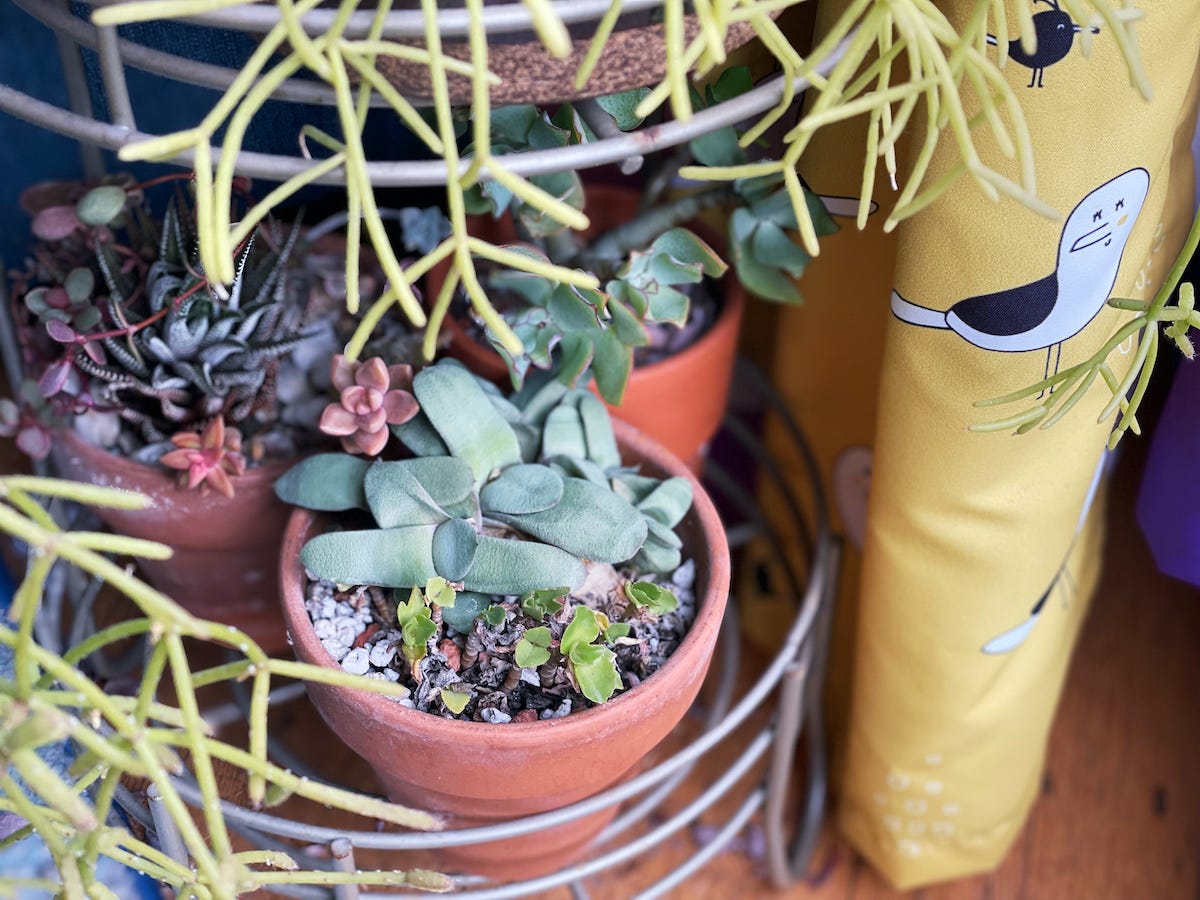
To stave off any reactions: for those unfamiliar with social anxiety, this is a common feeling. It does not matter if you counter the thought with the logical “no one is watching” statement. Logic does not change initial feelings, and if it did, we’d all have tried it by now and been successful with it working. ↩

